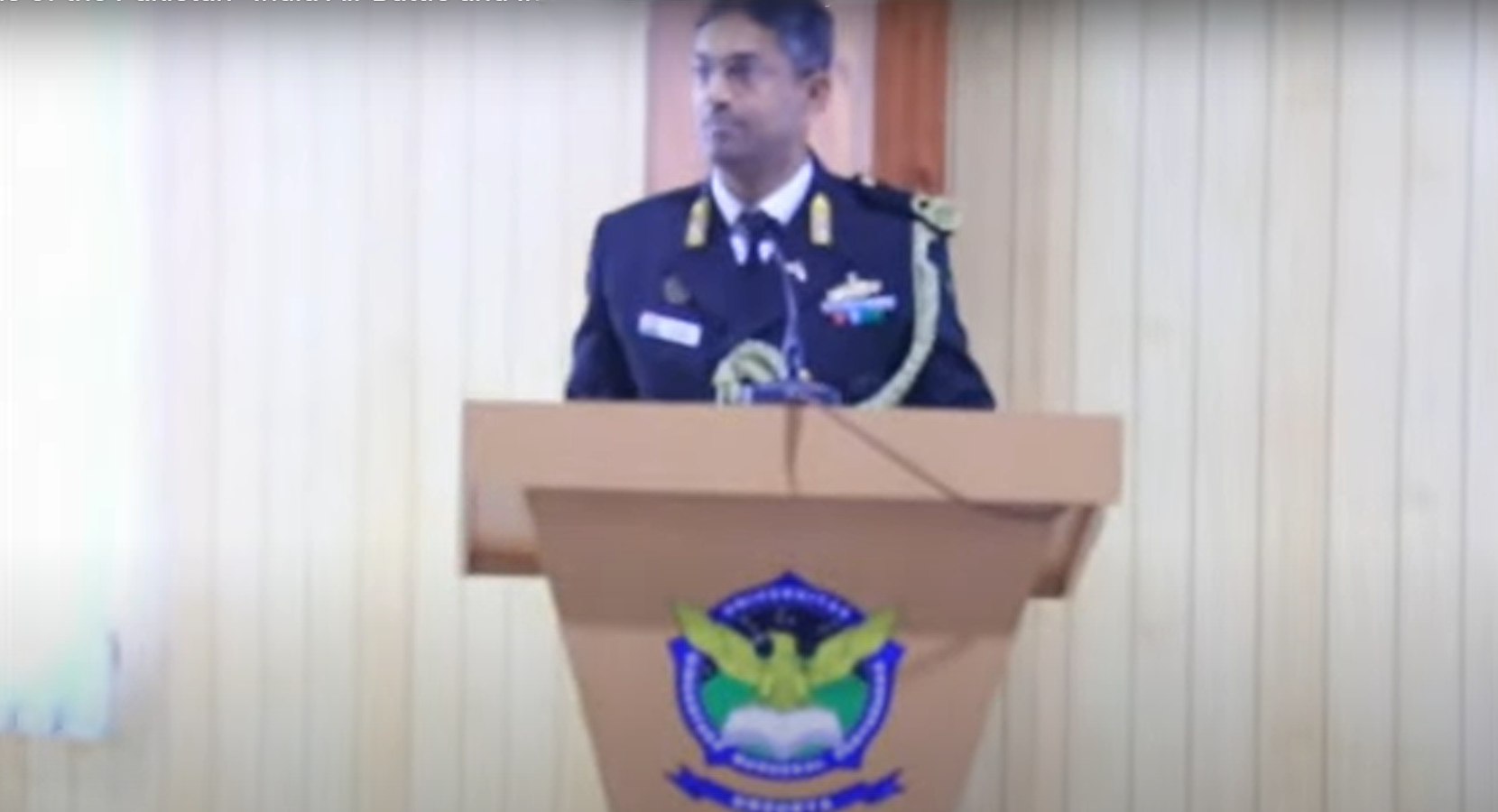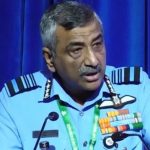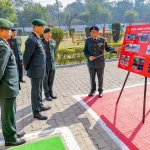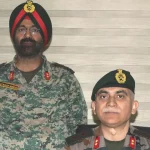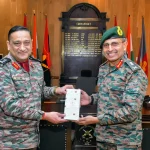In a rare and candid admission, India’s Defence Attaché to Indonesia, Captain (IN) Shiv Kumar, has acknowledged that the Indian Air Force (IAF) lost fighter jets to Pakistan during the May 2025 air conflict due to political constraints imposed by the Indian leadership. Speaking at a seminar titled ‘Analysis of the Pakistan–India Air Battle and Indonesia’s Anticipatory Strategies from the Perspective of Air Power’ at Universitas Dirgantara Marsekal Suryadarma on June 10, Kumar stated that Indian fighter jets were operating under clear instructions not to strike Pakistani military assets or air defence systems.
“Even though I may not agree that we lost so many aircraft, I do agree we did lose some,” Kumar said during his 35-minute presentation, responding to remarks made by an Indonesian panelist. The seminar followed heightened regional interest in the May 2025 air conflict, known as Operation Sindoor, where India launched strikes on Pakistan-based terror infrastructure after a deadly attack in Kashmir.
Kumar explained that the losses occurred because Indian fighter aircraft were restricted from targeting Pakistani military facilities or air defence systems, a constraint intended to avoid escalation in a nuclearized environment. “The constraint given by the political leadership was not to attack the military establishment or their air defenses,” he said, referring to the initial phase of the conflict.
Pakistani officials had claimed they shot down six Indian jets, including Rafale aircraft, although Indian authorities confirmed only some losses without specifying the number. The political directive assumed that Pakistan would not retaliate militarily if India avoided hitting its military infrastructure—an assumption that proved costly.
According to Kumar, Pakistan imposed no such limitations and altered its operational stance after Indian munitions struck terrorist camps. “After the loss, we changed our tactics and went for the military installations,” he added, referencing the IAF’s May 10 offensive using BrahMos missiles and long-range munitions to strike Pakistani air bases and infrastructure from standoff distances.
Chief of Defence Staff General Anil Chauhan, speaking later in Singapore, echoed the sentiment, stating that the concern was not the loss of aircraft itself but the reasons behind those losses. “What is important is not the jet being down, but why they were being down,” he told Bloomberg.
Captain Kumar’s comments highlight the complexities of conducting military operations under political constraints, especially in a nuclear shadow. They also underline the Indian military’s swift recalibration, which helped the IAF achieve air dominance in subsequent phases of Operation Sindoor by neutralizing key enemy positions while minimizing risks.

